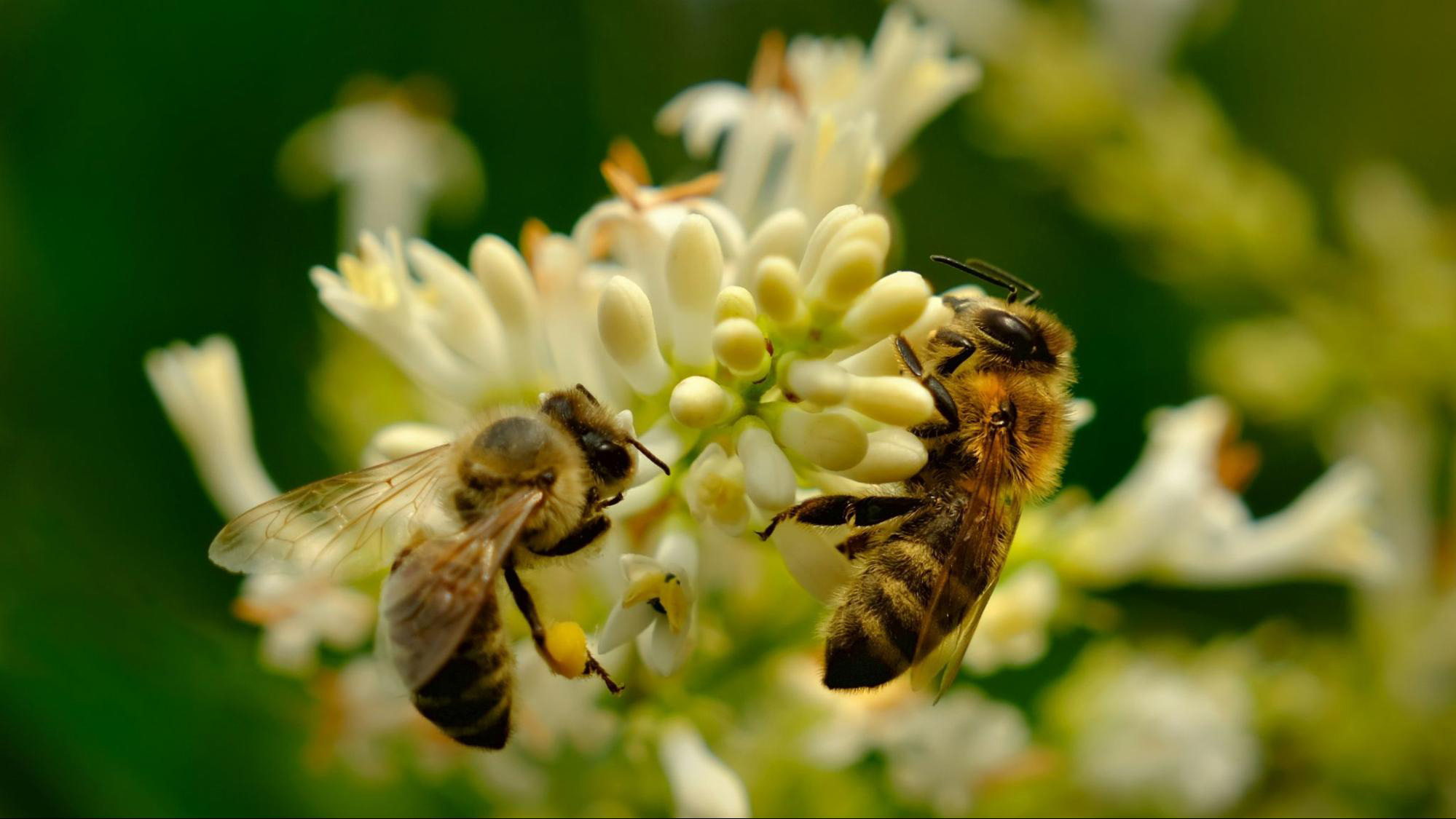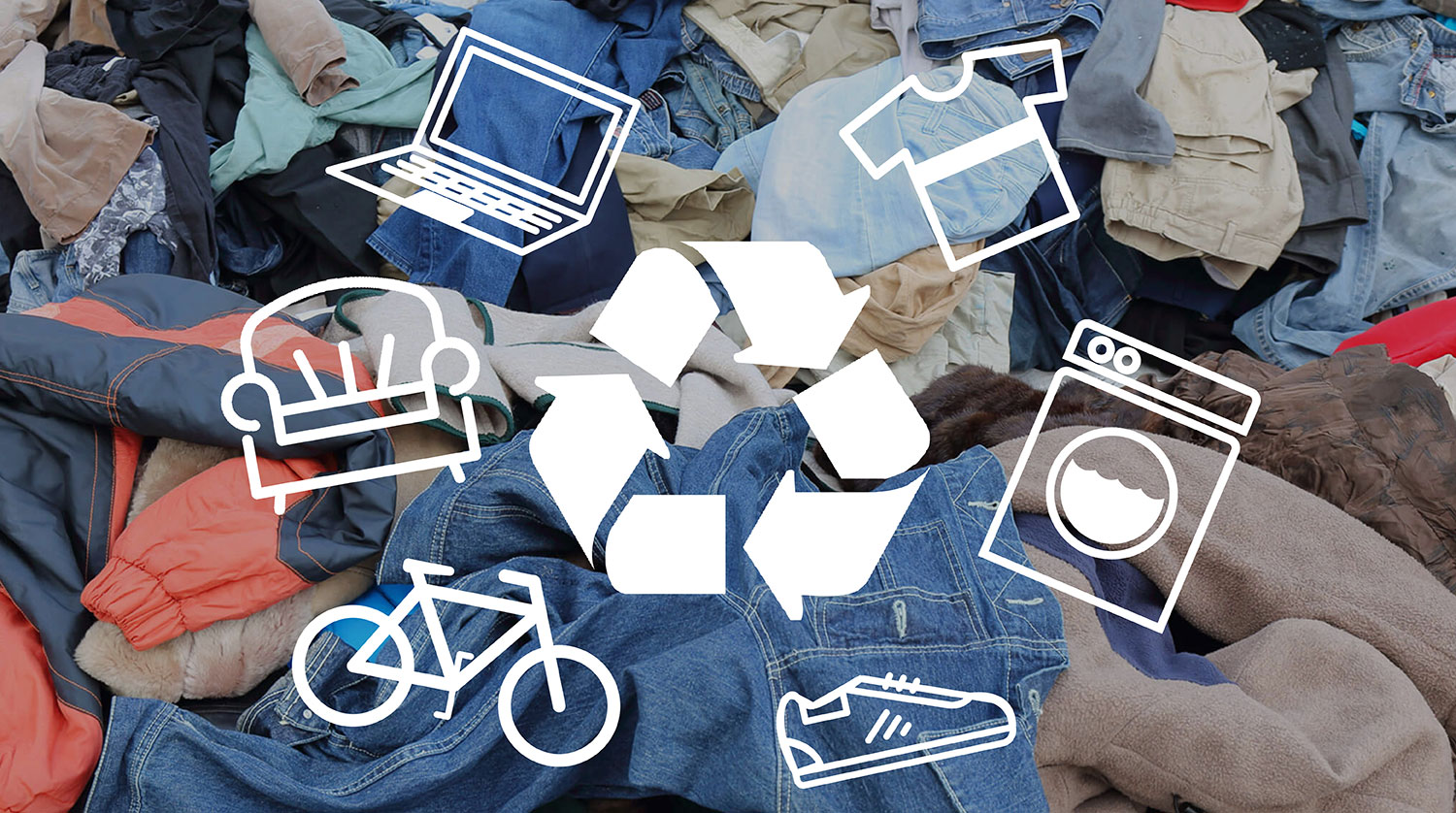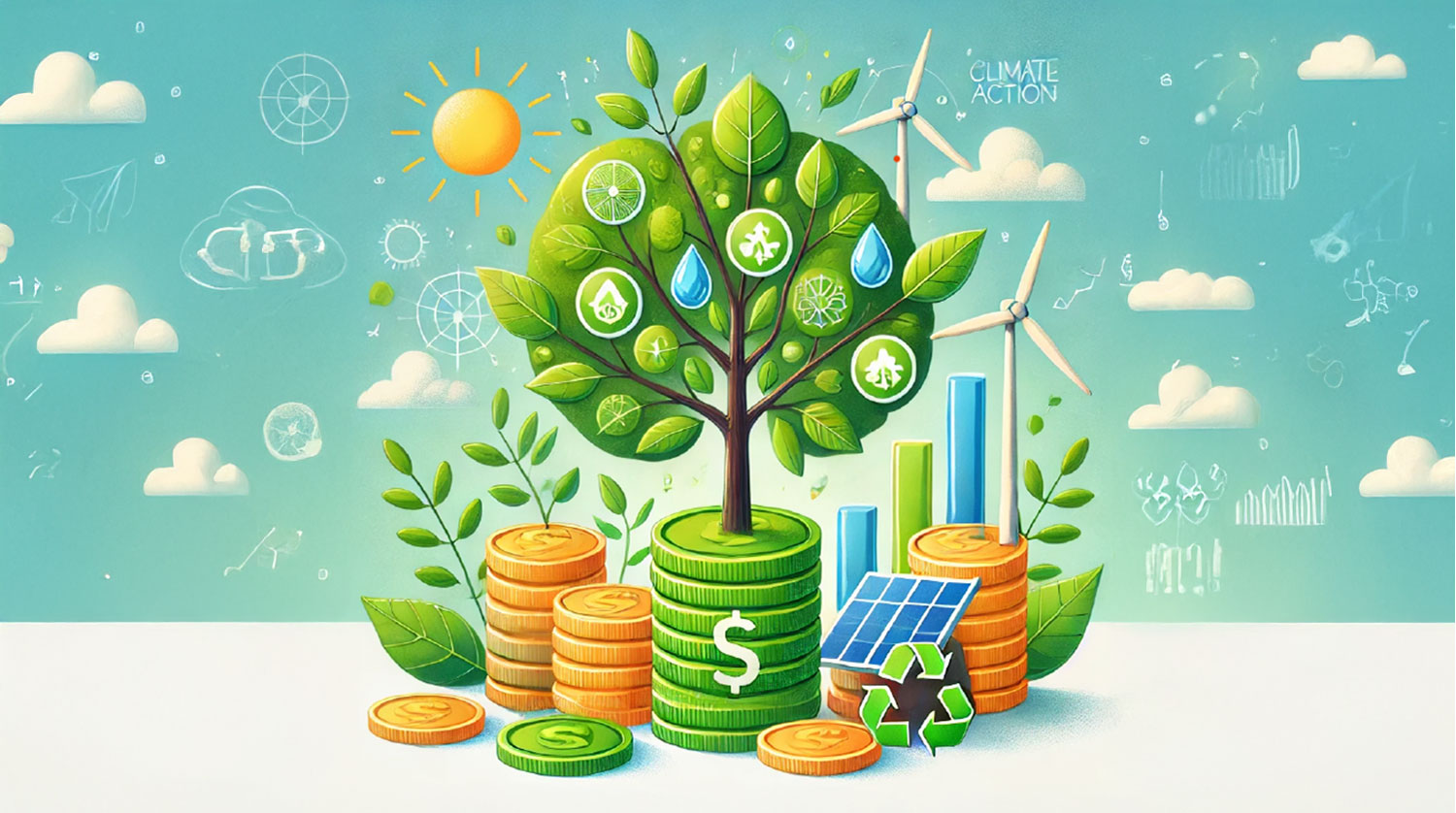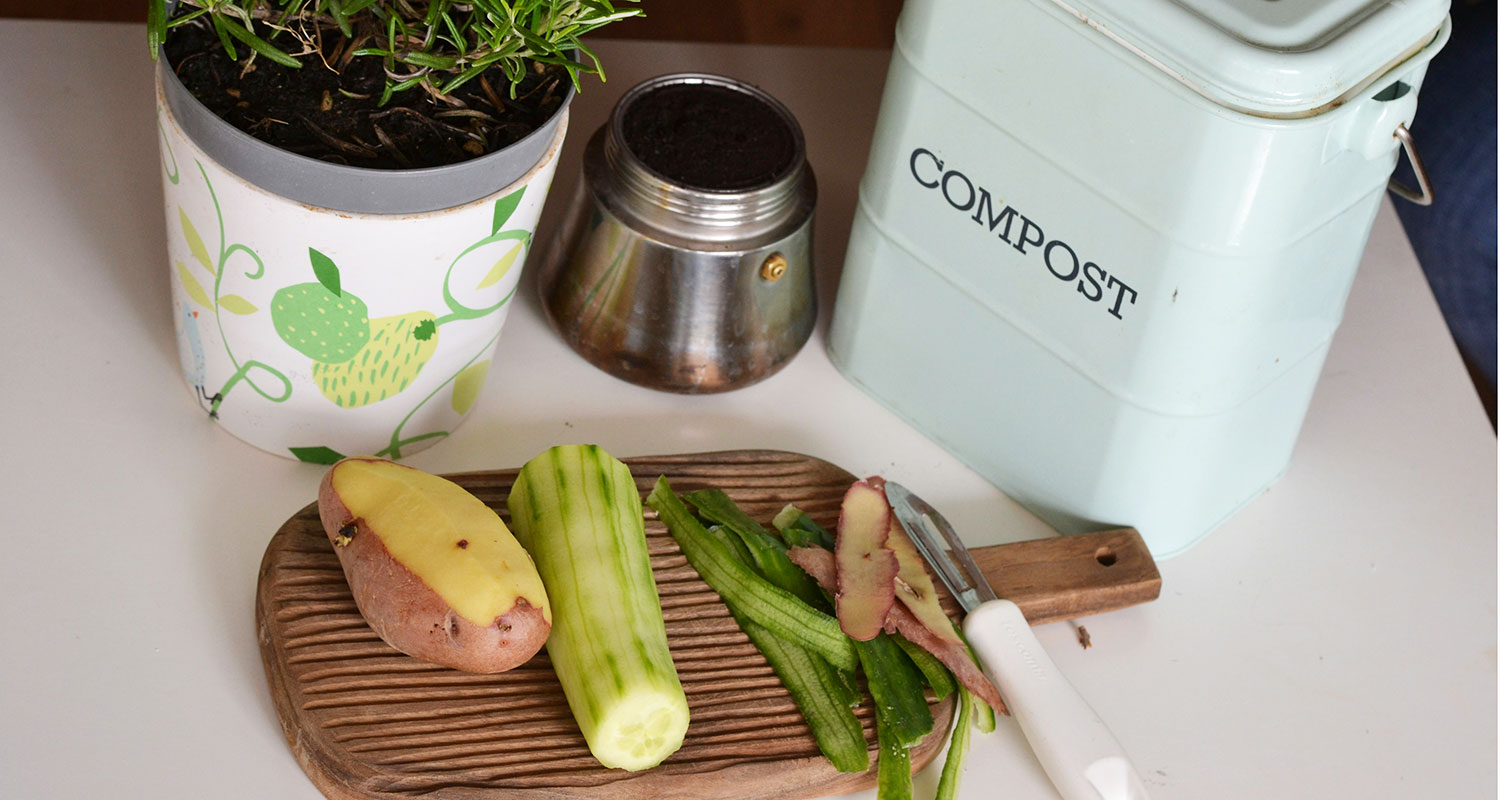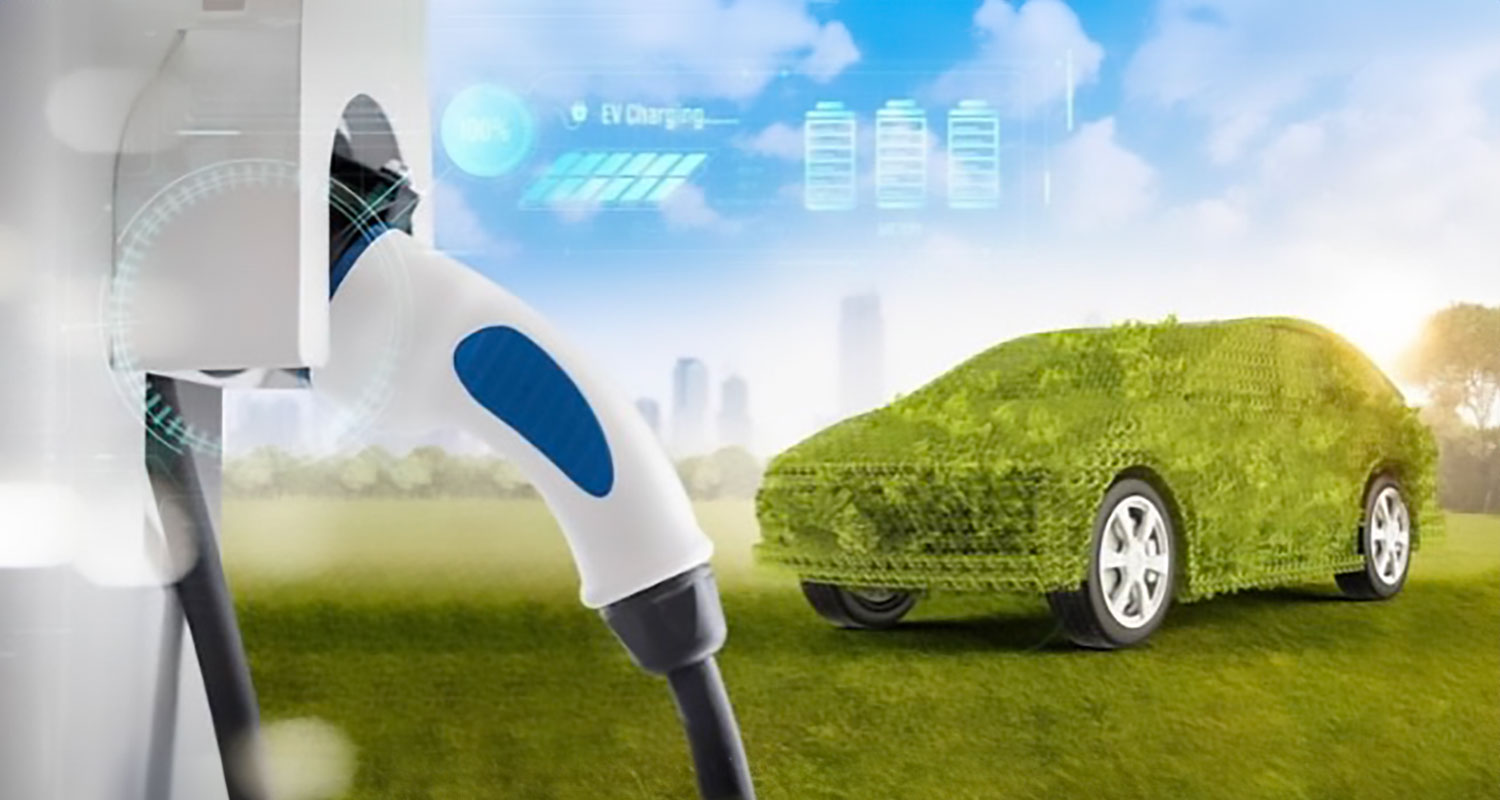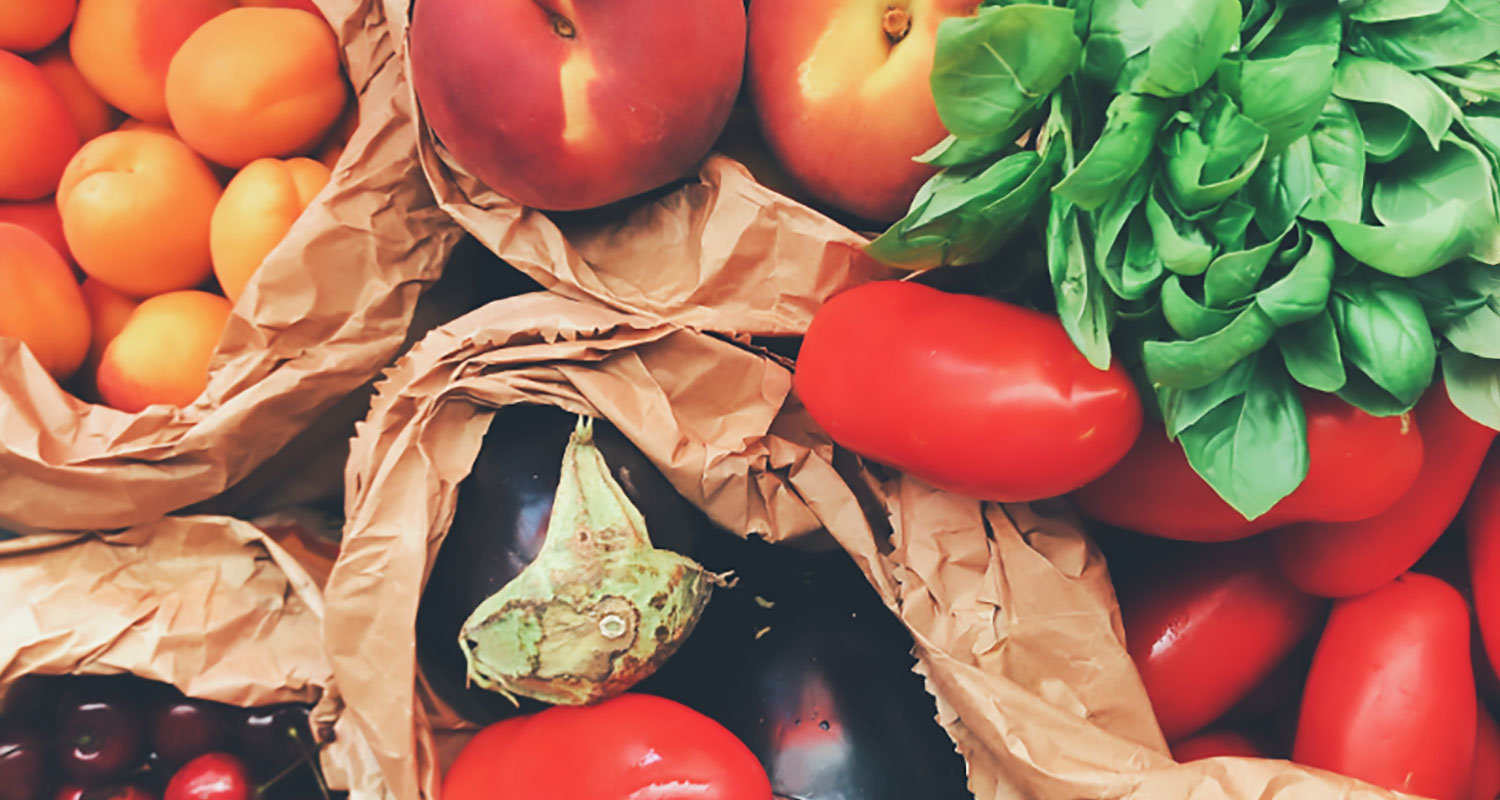12 May May’s Action: Help Pollinators With No Mow May
Spring is in full bloom, and May is the perfect time to embrace one of the most impactful environmental movements of the year—No Mow May. This simple yet powerful initiative encourages homeowners to skip mowing their lawns throughout May, creating vital habitats for pollinators like...




